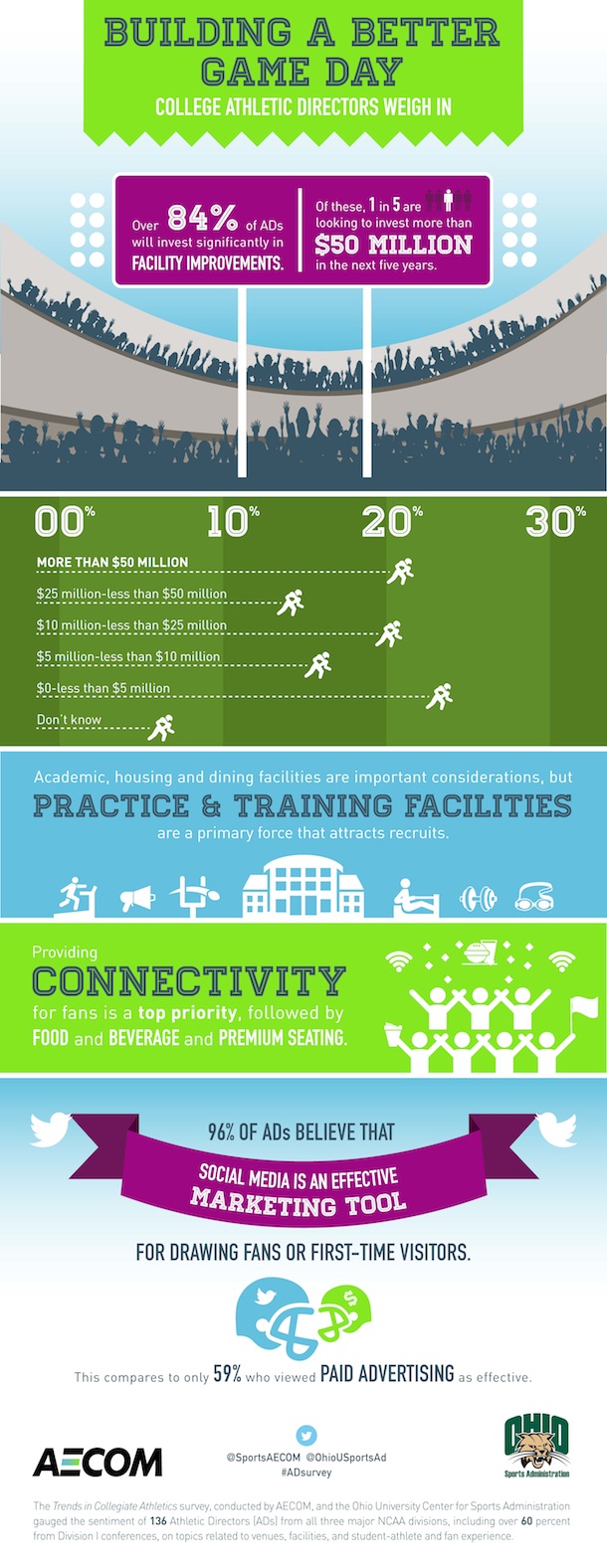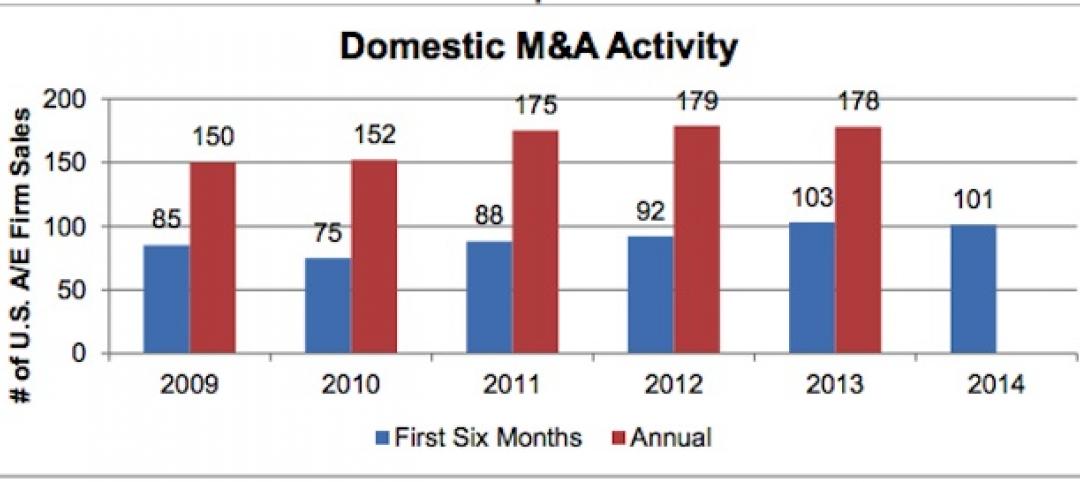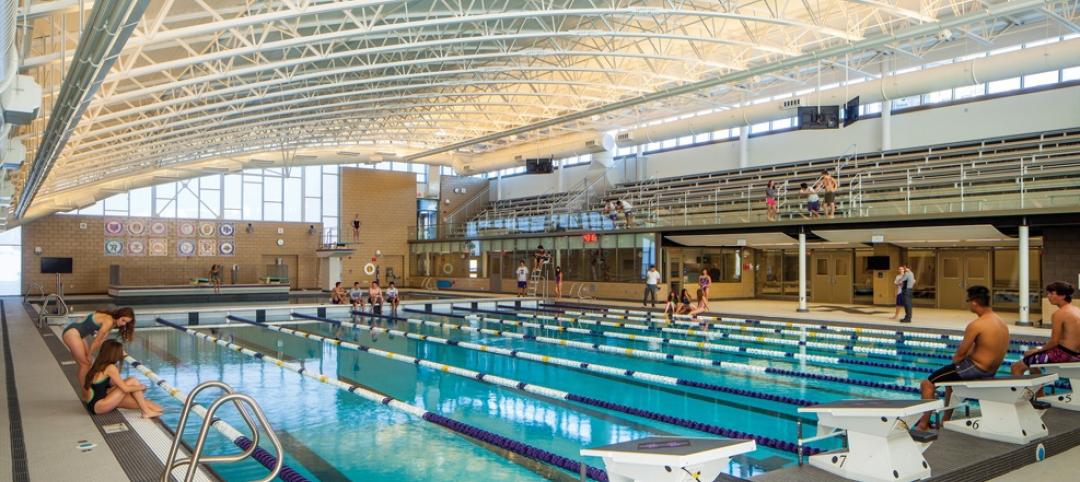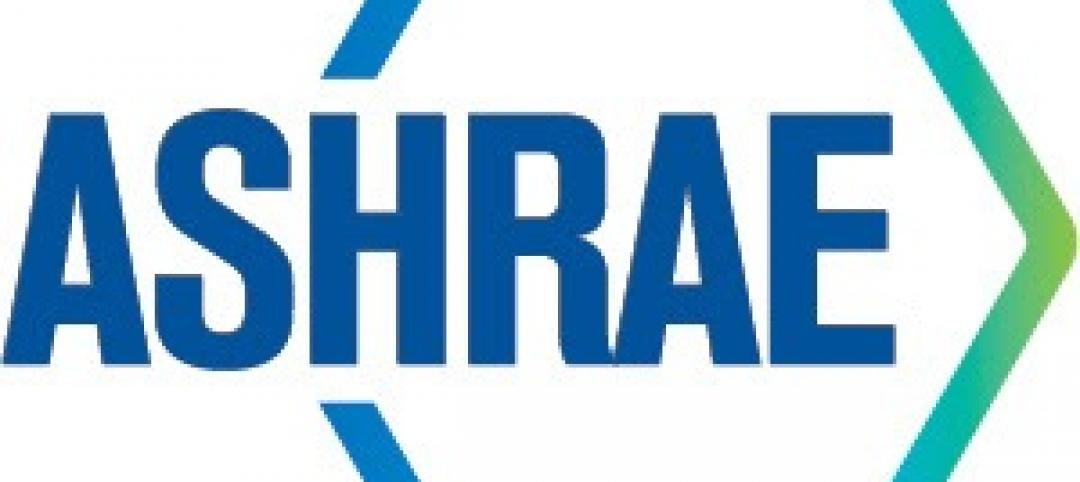According to a survey released today, NCAA athletic directors (ADs) are increasingly focused on enhancing athletic facilities to attract top student athletes and maintain or grow their fan base amidst an extremely competitive environment.
The Trends in Collegiate Athletics survey, conducted by AECOM and Ohio University's Center for Sports Administration, was completed in July-August 2014. The survey gauged the sentiment of 136 ADs from all three major NCAA divisions, including over 60% from Division I conferences, on topics related to venues, facilities, and student-athlete and fan experience.
According to the survey, more than eight in 10 participating ADs plan to make significant investments in facilities over the next five years to target potential recruits and spectators. Of those, one in five plans on spending more than $50 million on renovations and new construction projects. Nearly 95% of ADs are concerned about the funding of their programs.
The majority of participating ADs are investing in upgrades and amenities that they believe will drive game-day attendance and enhance the fan experience, notably connectivity, better food and beverage options, and, particularly at the Division I level, premium seating.
“This survey shows that, as traditional funding streams become less viable, ADs are increasingly focused on fiscal responsibility and making their programs sustainable,” said Jon Niemuth, AECOM Director of Sports, Americas. “One way they are doing this is by investing in upscale amenities, once reserved for the professional level, that will attract fans willing to pay a premium for a unique game day experience.”
“A big issue keeping athletic directors up at night is the funding and performance of their programs,” said Dr. Heather Lawrence-Benedict, Associate Professor of Sports Administration and the AECOM Professor of Sport Business, Ohio University. “ADs are caught in a cyclical pattern—to generate funding they need talented recruits, to attract recruits they need the top facilities, and to build those facilities it goes back to funding. On top of this, they need to appeal to alumni and donors. An unexpected donation, a breakout athlete or a Cinderella season can all be major catalysts for an athletics program.”
To help generate awareness for their upgrades and promote games and game-day activities, the vast majority of ADs (96%) in the study find social media to be an effective marketing tool for drawing fans or first-time visitors to games. That compares to 59% who view paid advertising as effective. Lowering ticket costs was ranked as the least effective option to draw fans by one-third of participating ADs.
ADs are also focused on facility upgrades that will enhance the student athlete experience, and ADs overwhelmingly agree that practice and training facilities are a primary force that attracts recruits, while academic, housing and dining facilities are also rapidly becoming important. If funding was not a factor, ADs would invest heavily in practice and training facilities and locker rooms to appeal to potential recruits.
AECOM and Ohio University’s Center for Sports Administration developed the Trends in Collegiate Athletics through a collaborative effort as part of their ongoing strategic partnership, which began in 2007. The joint effort, which was extended for the third time in 2013, is aimed at educating the next generation of sports business leaders.
To view the full results of the survey, click here.
Related Stories
Sponsored | | Jul 17, 2014
A major hop forward
The construction of efficient metal buildings has helped Perrault Farms expand its hops-harvesting business.
| Jul 17, 2014
22 land questions to decide if your build site works
When you’re ready to build, land needs a serious amount of attention. Since it can singlehandedly shift your building plans, land must be investigated, questioned, and eyed from every angle. SPONSORED CONTENT
| Jul 16, 2014
Mergers and acquisitions of AE firms on track for strong year in 2014
Through the first six months of 2014, Morrissey Goodale tracked 101 sales of U.S.-based architecture and engineering firms, roughly the same amount as during the first six months of 2013.
| Jul 16, 2014
Ware Malcomb announces New Jersey office expansion
Architecture and design firm also honored for commercial real estate projects in New Jersey.
| Jul 16, 2014
Learning design fundamentals in the digital age – How to balance learning and technology
My colleague and I were once asked an insightful question by a Civil Engineering Professor that sparked an interesting conversation. He’d been told about our software by some of his students who had used it during their summer internship. SPONSORED CONTENT
| Jul 16, 2014
Check out this tree-like skyscraper concept for vertical farming
Aprilli Design Studio has stepped forward with a new idea for a vertical farm, which is intended to resemble a giant tree. It uses lightweight decks as outdoor growing space, adding up to about 25 acres of space.
| Jul 16, 2014
User input on aquatics center keeps students in the swim [2014 Building Team Awards]
Collaborative spirit abounds in the expansion and renovation of a high school pool facility in suburban Chicago.
| Jul 16, 2014
Nonresidential construction starts up 34% in June
Construction starts for nonresidential work saw a surge in June, rising more than a third compared with the previous month, according to Reed Construction Data.
| Jul 16, 2014
ASHRAE, IAQA team up to improve resources on indoor air quality
Indoor Air Quality Association will become part of the ASHRAE organization while maintaining its own brand and board; HQ will relocate to Atlanta.
| Jul 15, 2014
Michael Graves talks with Washington Post about new design eye from life in a wheelchair
Celebrated American architect Michael Graves sits with the Washington Post to talk about how being on a wheelchair changed the way he focuses on design.























